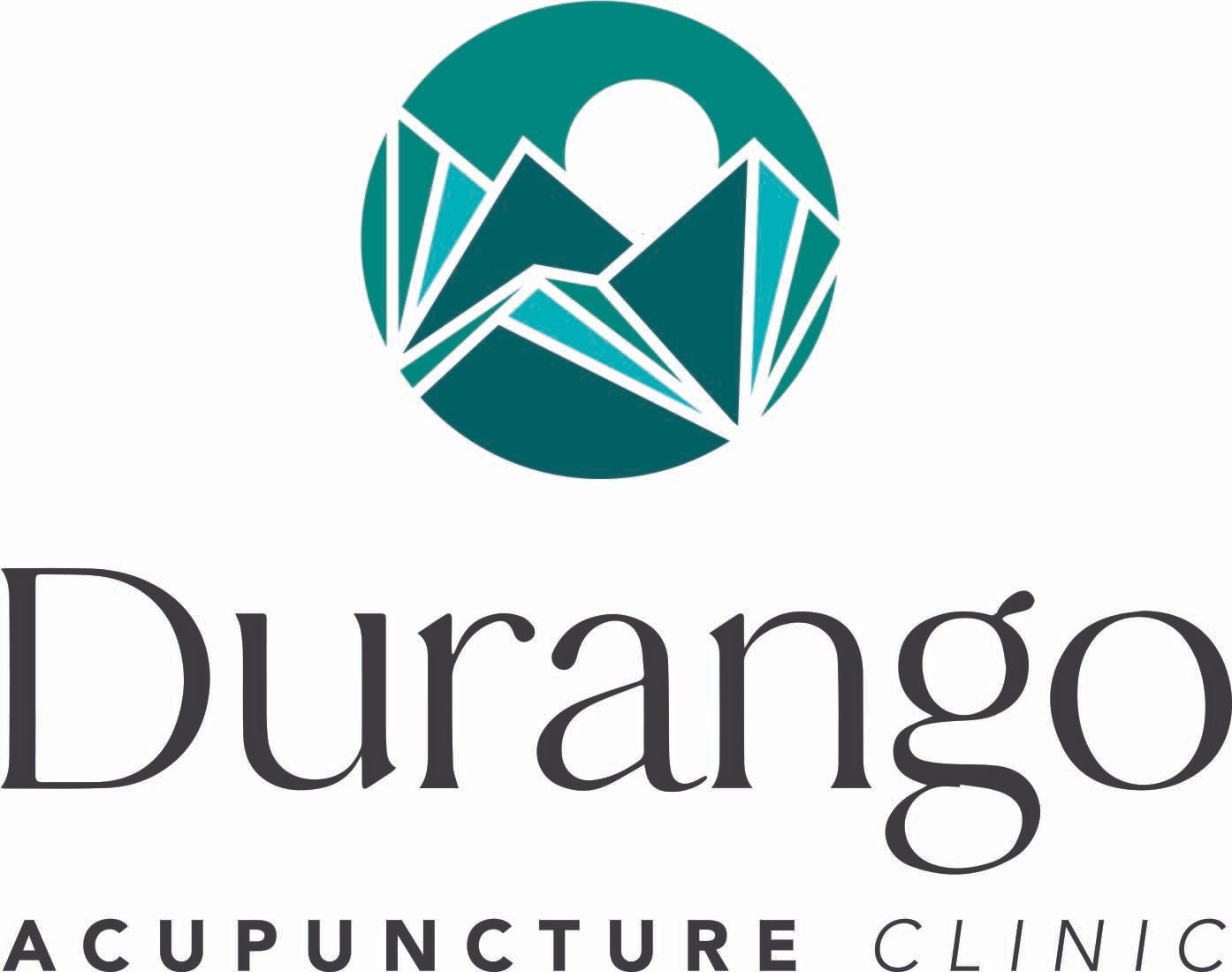Trust Your Gut (Literally): Why I Offer GI Map Testing
Let’s be real: your gut isn’t just about digestion. It’s basically the control center for your entire body—your immune system, your hormones, your moods, your stress response, even how well you sleep at night. If you’ve ever had a “gut feeling,” it’s not just a figure of speech—your microbiome is talking to you. And sometimes? It’s screaming.
That’s where the GI Map comes in. Think of it as the ultimate backstage pass to what’s really happening in your digestive system. This isn’t just about whether you’re “regular” or not (although, yes, we’ll definitely look at that too). The GI Map digs deep, detecting:
Viruses that may be hijacking your system.
Bacterial overgrowths or infections that throw your gut off balance.
Parasites (yes, the uninvited guests you definitely don’t want squatting rent-free).
Yeasts that love to stir up bloating and brain fog.
Beneficial bacteria (the good guys!)—because knowing if you’ve got enough of these friendly helpers is just as important.
Markers for food sensitivities, inflammation, and even immune activity, showing how your gut is communicating with the rest of your body.
Here’s the kicker: your gut has to be functioning properly before we can even think about calibrating your hormones. If digestion is sluggish, if your microbiome is out of whack, or if you’re inflamed, your hormones are basically trying to operate on a shaky foundation. It’s like trying to build a dream house on quicksand—no matter how beautiful the blueprints are, nothing’s going to stay balanced until the ground underneath is solid. Once the gut is stable and thriving, hormones have the right environment to fall into alignment.
Why does this matter? Because your microbiome is like an orchestra: when every instrument (aka bacteria, yeast, and other critters) plays in harmony, you feel amazing. But if one violin goes rogue—or the drummer decides to play death metal—you’re going to notice it. Cue anxiety, hormone chaos, skin flare-ups, digestive issues, or just feeling off.
The GI Map gives us the data we need to tune the orchestra. Instead of guessing what’s behind your bloating, fatigue, or mystery symptoms, we get clear answers—and that means we can create a personalized plan that actually works.
So if you’ve been chasing symptoms, trying random supplements, or wondering why your anxiety or hormone issues never really get better… it might be time to look where it all begins: your gut.
Because at the end of the day? Trust me, your gut has a lot to say. Let’s make sure we’re actually listening.




